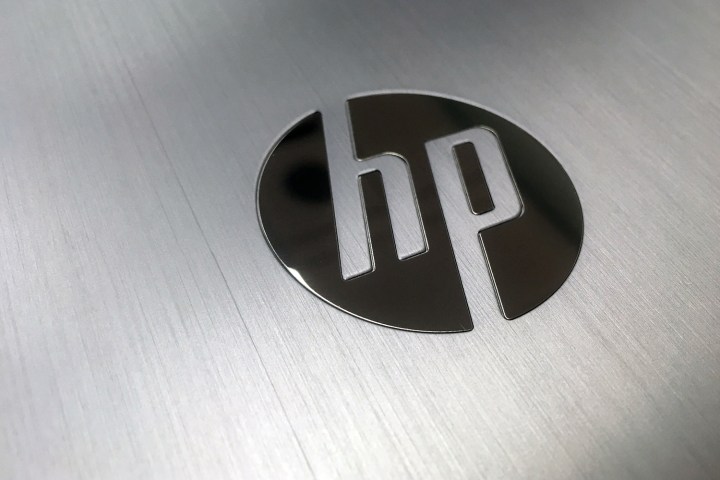
Affected batteries run the risk of overheating, which could cause injury to the user or even a fire in extreme cases. Given the potential danger that these defective components can bring about, owners of HP notebooks are being advised to check whether their battery is part of the recall as soon as possible.
Certain models of HP, Compaq, HP ProBook, HP Envy, Compaq Presario, and HP Pavilion notebooks are thought to be affected by the issue. Not all of these systems were shipped with the defective batteries, but they are compatible with them, so owners are being encouraged to check in case the stock battery was replaced at any point.
The company is offering a utility to help check whether or not your battery is at risk — but there are also instructions for a manual check available via HP’s statement announcing the recall.
HP is no stranger to this kind of scenario. Back in 2014, the company was forced to recall 6 million notebook charging cables because of a fire and burn hazard linked to overheating.
Users who find that their notebook is among those affected can still use their system, so long as the battery is removed. Running the laptop while it’s connect to external power doesn’t present a fire hazard — unless of course your charging cable slipped through the cracks during the aforementioned 2014 recall.
HP will provide a free replacement for any batteries affected. To see whether you’re affected, fill out this form on the company’s website.
Editors' Recommendations
- Hyundai, Kia recall half a million U.S. cars over fire risk
- Ford recalls 230,000 vehicles over suspension issue that could cause a crash
- Nissan recalls nearly 400,000 vehicles over fire danger


